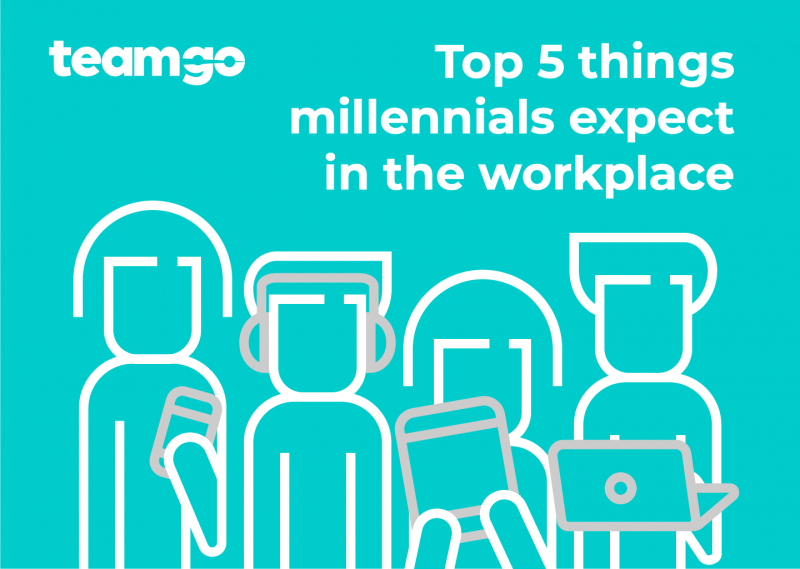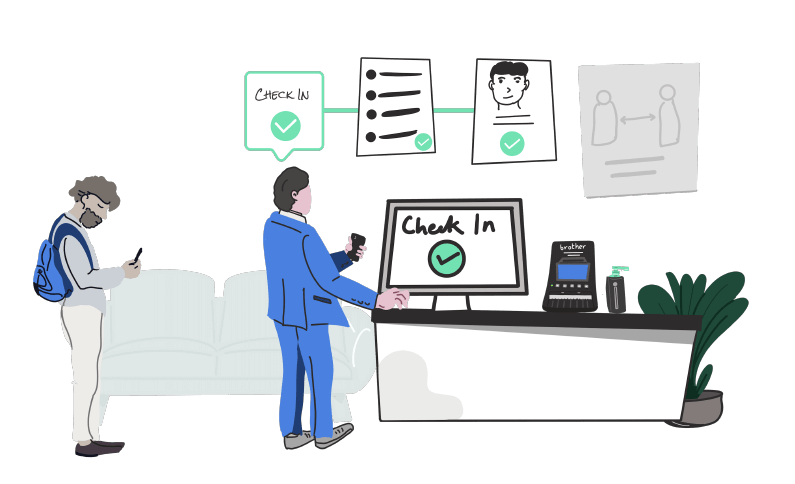For the first time in history, there are 5 generations in the global workforce at the same time. By 2025 Millennials, or Gen Y, will make up 75% of that workforce. Millennials (those born between 1977 and 1997) are often defined as narcissistic, impatient, and lack a good work ethic. However, while there are studies that show these trends, they also show positive traits. Gen Y are driven, highly technologically literate, entrepreneurial, and hyper-connected. So what do Millennials expect from their jobs, and what can businesses offer to motivate their rapidly growing Millennial workforce?
1. Feedback
While Baby Boomers and Generation X prefer to have their progress reviewed at set times throughout the working year, Millennials would rather constant feedback from their superiors. Due to the fast-paced technological world in which Gen Y was raised, they expect instant results from the tasks they complete. Finding out what they are doing right and wrong as they go, as opposed to months after the fact, is an important part of the workflow they have been educated in.

2. Freedom
Whether it be flexible hours, a more casual attire, or an open plan office, Millennials like a sense of freedom in their working lives. Being able to have a life outside of work and change their hours greatly improves their attitude surrounding their employers. As does not having to wear a suit and tie, or high heels. Generation Y are keen on expressing their individuality through clothing, conversation and the time they spend outside of work.
3. Reward
Millennial workers want to see what impact they have and the outcome of their efforts for the company they work for. Gen Y like to be rewarded for what they achieve, be acknowledged as a meaningful member of the workforce, and 79% of Millennials expect a pay rise every year. There are non-monetary rewards as well, such as training opportunities to advance to higher positions or the ability to work more independently. These sorts of rewards improve the morale of the workforce, and in turn the efficiency and quality of the work being done.

SOURCE: eLearning Infographics
4. Mentorship
The fact there is such a generation spread in the current global workforce provides some opportunities that didn’t exist previously. A fantastic example of this is Mutual Mentorship. Millennials have a lot to learn from older generations in terms of understanding people, and emotional intelligence, but they can also teach Gen X (1965 – 1976), Baby Boomers (1946 – 1964), and even the Traditionalists (born before 1946) a thing or two about the digital world we now live in. Cross-generational collaboration projects are a brilliant way to bring out the best in each age group and combine their respective knowledge to create a far better end product than would otherwise be achievable.
5. Workplace Culture
While not every business can have slides, restaurants, and massage parlours in their offices like Google can, smaller companies can invest in smaller ways to improve office culture, something that Millennials thrive in. Being able to say they work in a “cool” office is something Gen Y will latch on to, making them want to stick around. This can be making simple tasks easier and more technologically driven, having artwork or more colour in the office, or occasional events that take people away from their desk for a few hours.

Conclusion
Millennials may expect a lot from the companies that they work for, but if those companies foster the relationship they have with their new young workforce, they will end up with some of the most creative and driven employees they’ve ever had.
To find out how Teamgo can help make your company “cool” click here.






